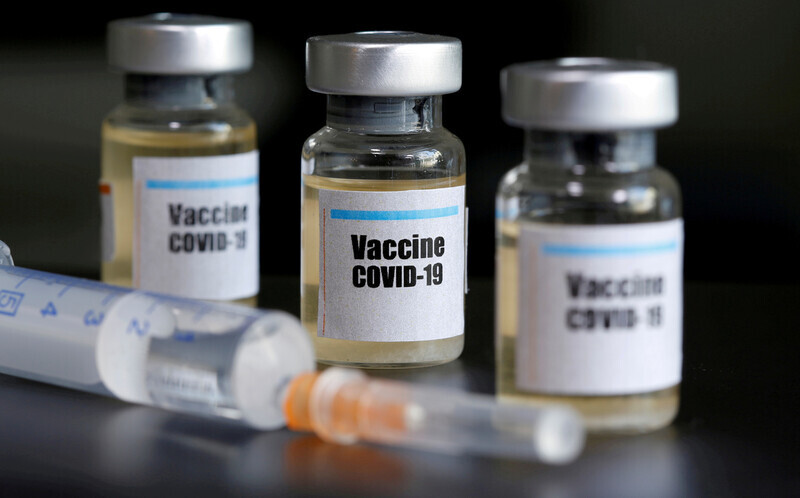Secretary General’s 8-day video briefing
“High income in 36 out of 42 countries where vaccination started
Poor country high-risk group can’t get vaccine”
 Material photo” alt=”<한겨레> Material photo” />
Material photo” alt=”<한겨레> Material photo” />
Material photo
“Vaccine nationalism hurts us all and raises problems.” The secretary-general of the World Health Organization (WHO) Tedros Adhanom Gebreyesus urged on the 8th (local time) to stop bilateral transactions between vaccine manufacturers and the country for the fair distribution of the COVID-19 vaccine. “Currently, 42 countries are vaccinating the safe and effective COVID-19 vaccine,” Tedros said at a press briefing. Of these, 36 are high-income countries and six are middle-income countries. Therefore, there is a clear problem that low and most middle-income countries do not yet receive vaccines.” He said that the COVAX facility, which was formed by the World Health Organization by the World Health Organization (GAVI) and the Infectious Disease Prevention and Innovation Association (CEPI) for the fair and smooth supply of Corona 19 vaccines, delivered 2 billion doses of Corona 19 vaccine. He said he had signed a contract to secure the vaccine and is ready to start supplying the vaccine as soon as it arrives, but he is facing such a challenge. Until the middle of last year, when the development and supply of the Corona 19 vaccine was initially uncertain, more than 170 countries began securing the vaccine through CoVax Facility. However, some countries, led by the US, declared that they could not participate and started pre-purchasing contracts with individual pharmaceutical companies, and as vaccine development was faster than expected, competition for vaccines among individual countries intensified. “At first, wealthy countries bought most of the vaccines,” Tedros said on the day, and now “middle-income countries have additional bilateral contracts (with pharmaceutical companies).” This could potentially raise the price of the vaccine, and it means that high-risk people in poor and marginalized countries will not get it. He emphasized, “I would like to see manufacturers prioritizing the supply of (vaccine) through COVAX in the future.” He also urged “countries that contract more vaccines than needed and control global supplies to immediately donate to Kovacs.” At the same time, he also raised his voice, “I urge the state and manufacturers to stop bilateral transactions at the expense of Kovacs.” He said that the fair distribution of vaccines would also help limit the chances of the virus mutating, and urged not to waste opportunities to save lives and revive the economy. According to the statistics of the Global Health Innovation Center at Duke University in the United States, Canada has secured 342 million doses of vaccine, 500% of the population, and the United Kingdom has secured 357 million doses, three times the population. Countries that have secured more than twice the population’s COVID-19 vaccine are New Zealand, Australia, Chile, the European Union and the United States. Last year, when the development and supply of the Corona 19 vaccine was initially uncertain, countries agreed to secure some vaccines through Cobax Facility and signed an agreement. However, as some countries, led by the United States, signed pre-purchase agreements with individual pharmaceutical companies, and vaccine development was faster than expected, competition for vaccines in individual countries intensified. On the 18th of last month, Cobax Facility concluded a 2 billion vaccine supply contract with AstraZeneca, NovaVax, Sanofi and Janssen. The problem is that none of the vaccines secured by Cobax have been tested for safety, except that the UK issued an emergency approval for the AstraZeneca vaccine last month. Pfizer vaccine is the only vaccine that has been approved for emergency use by the World Health Organization so far. COVAX is known to be in discussions with Pfizer and Modena, who are actively vaccinations in each country, due to the high unit price issue. By Kim Ji-eun, staff reporter [email protected]
